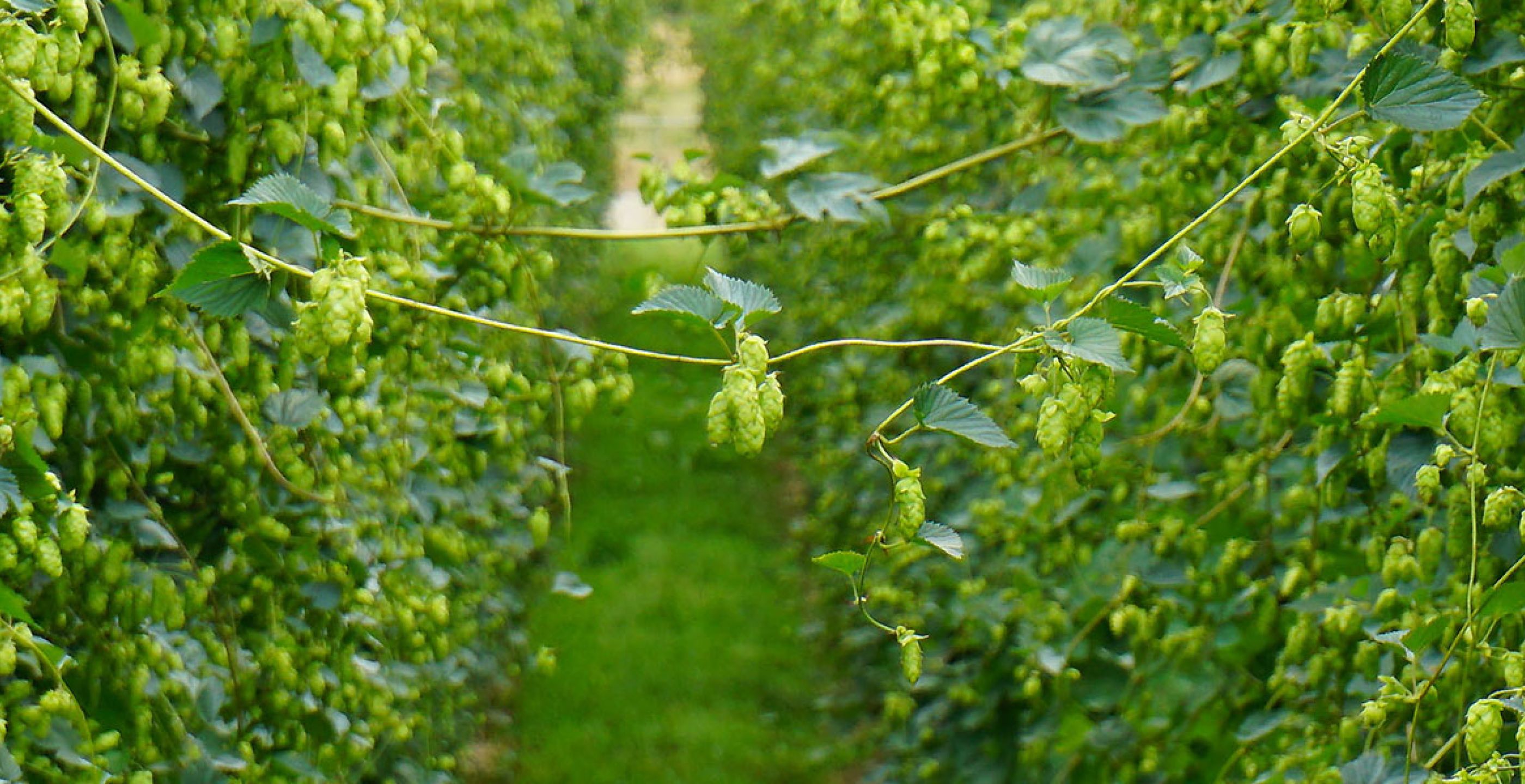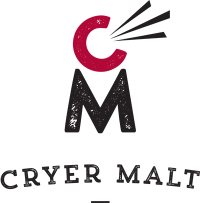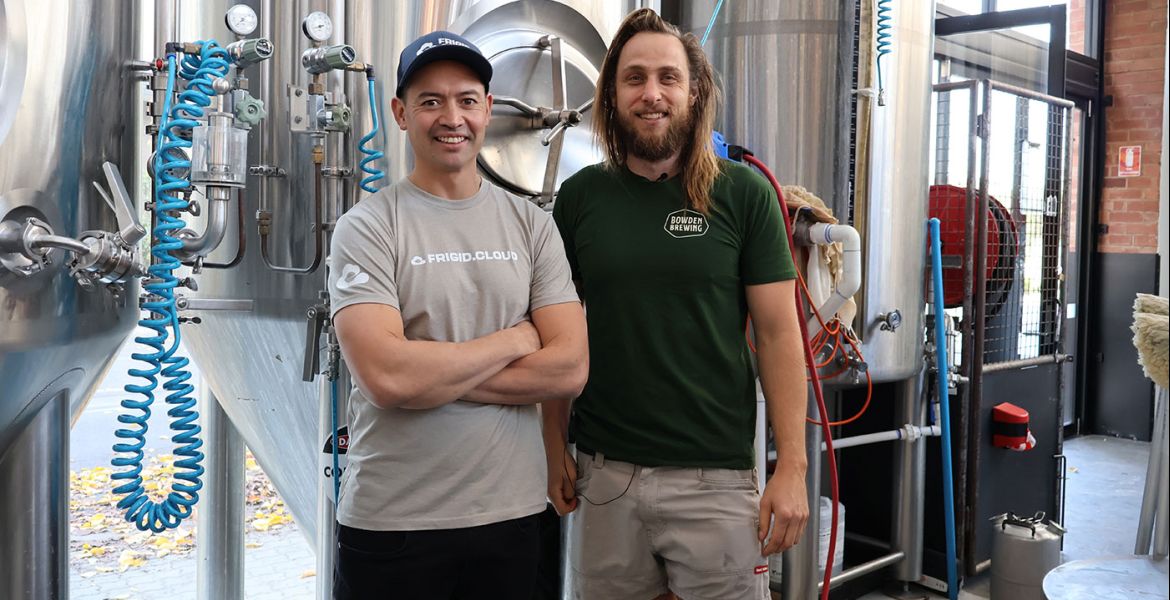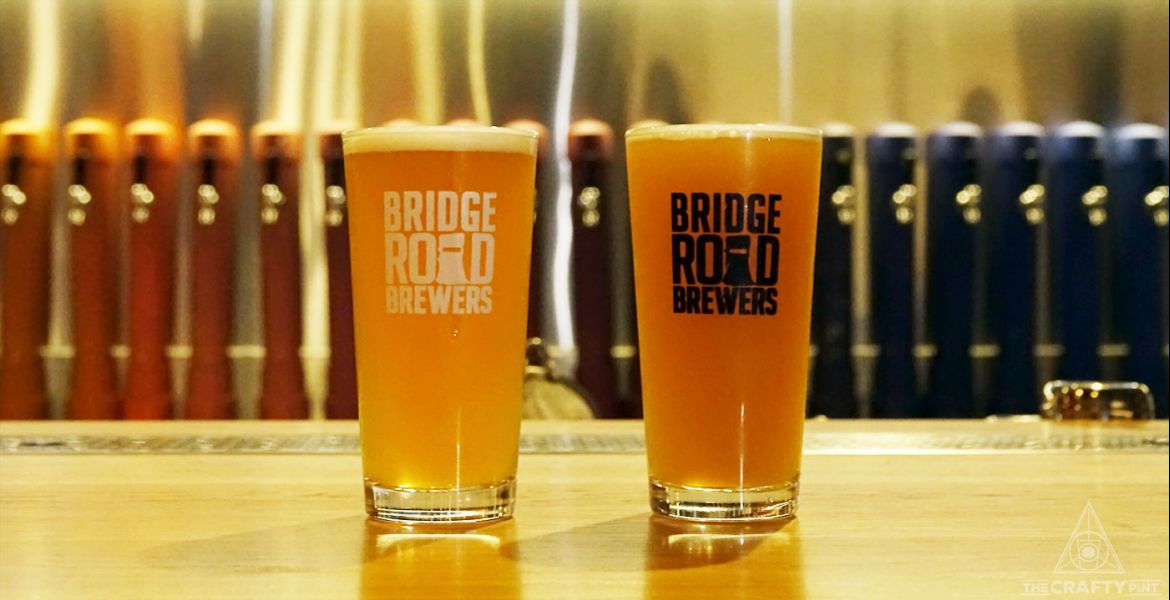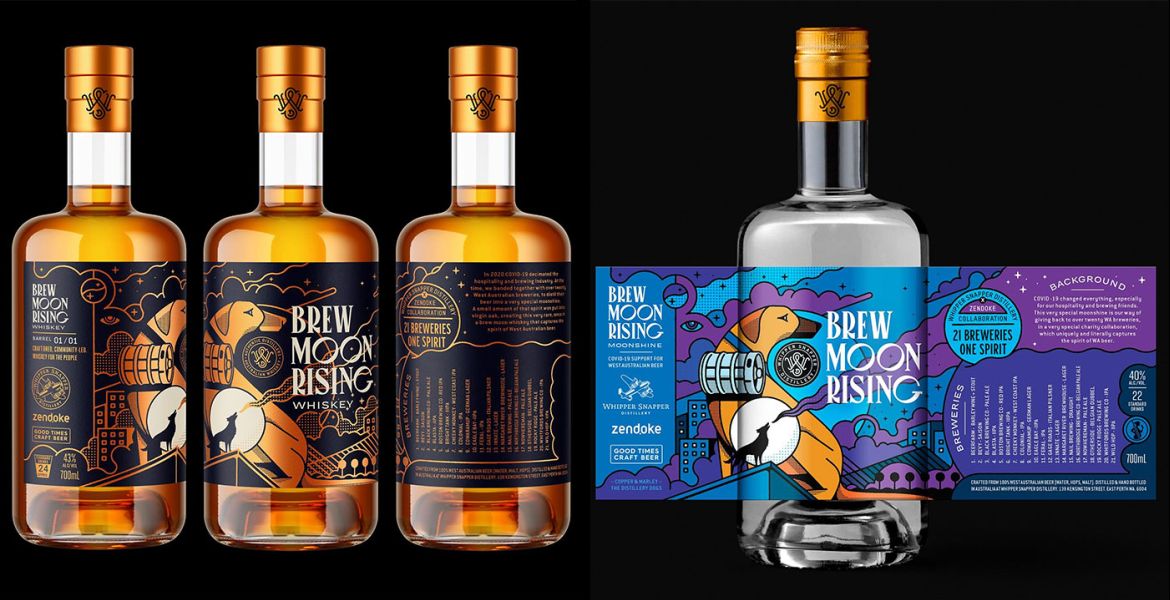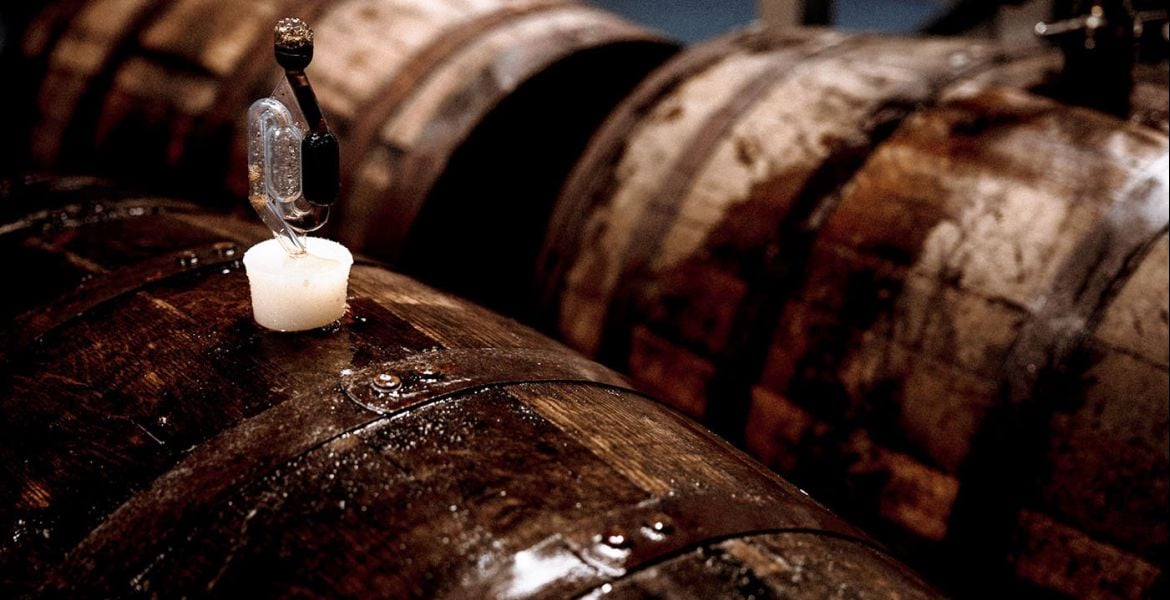If you’re a particularly astute fan of hazy, hop-forward beers, then there's a name that is likely to have appeared on your radar for the first time over the past 12 months.
The name is Freestyle Hops, and belongs to a New Zealand hop grower which has been collaborating with a number of Australian breweries – often with particularly interesting results.
Take Range Brewing and their two nearly identical IPAs, Party Starter and Fashionably Late. Both were 6.5 percent ABV hazies featuring Nelson Sauvin and Motueka, yet each tasted quite distinct. The difference was driven by just one factor: Party Starter used early harvest hops; Fashionably Late featured those harvested later.
The winner of Best Modern IPA at last month's Australian International Beer Awards, Hop Nation's Get The Gist, combined a raft of Cryo hops from Yakima Chief Hops in the US with Moteuka pellets from Freestyle. Other Australians to feature Freestyle on their labels include Banks, Mountain Culture, Deeds and Bracket – which is quite the role call of much-adored breweries.
They’re also the kind of breweries Freestyle are naturally drawn to.
“We’re like five years into this, there’s so much more to learn and so many more process improvements we can find,” says Freestyle Hops’ managing director Dave Dunbar.
“Having really good breweries that we collaborate with is massively helpful in terms of driving that state of the art forward.”
While Freestyle Hops launch in 2016, the history of the hop farm stretches back further. Located in Nelson’s Upper Moutere in the north of New Zealand’s South Island, the area’s hop industry began more than a century and a half ago, when German immigrants planted the first bines alongside grapevines. Much like Tasmania’s Derwent Valley or Victoria’s High Country, hops have long thrived thanks to ideal growing conditions, and as craft beer in New Zealand and elsewhere boomed, the likes of Motueka, Nelson Sauvin and Riwaka found fans across the globe.
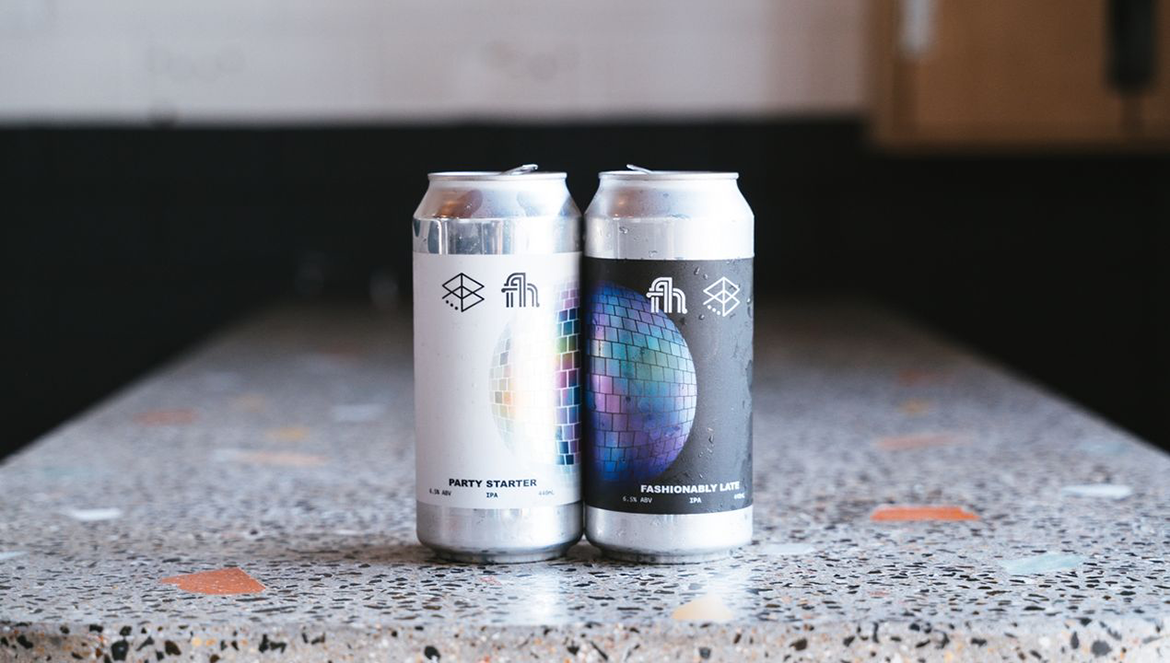
The farm took its current name after the American-based FS Investors bought the Eggers Hop Farm in 2016, and while Dave hasn’t been drinking beer as long as hops have been grown in New Zealand, his love for craft beer stretches back a fair way too.
Having studied biochemistry and cell biology in southern California in the late 1990s, Dave says he was surrounded by craft beer as brewery after brewery appeared across San Diego and surrounds, and the West Coast became synonymous with bold displays of hops in the beer world. Many of his fellow students ended up working in labs for the fledgling breweries, while Chris White of White Labs was among his professors.
Dave, meanwhile, went on to become a partner in FS Investors, a private equity firm with investments in a wide range of industries in multiple countries. They were looking to invest in a business in New Zealand, where he'd spent quite a bit of time, and the initial idea of investing in hops was suggested by Stone Brewing’s founders Greg Koch and Steve Wagner (a brewery you might have spotted in the news late last week).
“They said I should look into hops,” Dave says. “They said, ‘It’s a weird space and we’d pay more to get more hops but also to be able to do lot selection or get exactly what we wanted’.”
With the Eggers farm for sale, they soon felt it was the right investment; having previously invested in California’s wine industry, they wanted to bring a similar approach to their new hop farm. Their immediate goal was to work as closely as they could with breweries to improve their processes on the farm and provide the precise flavour profiles brewers were after.
“Once we dove into it, what seemed obvious to us was to interact directly with the brewers to raise the level of quality,” Dave says. “Basically, to provide them a service that was the same thing that a good winemaker would get from their viticulturalist.”
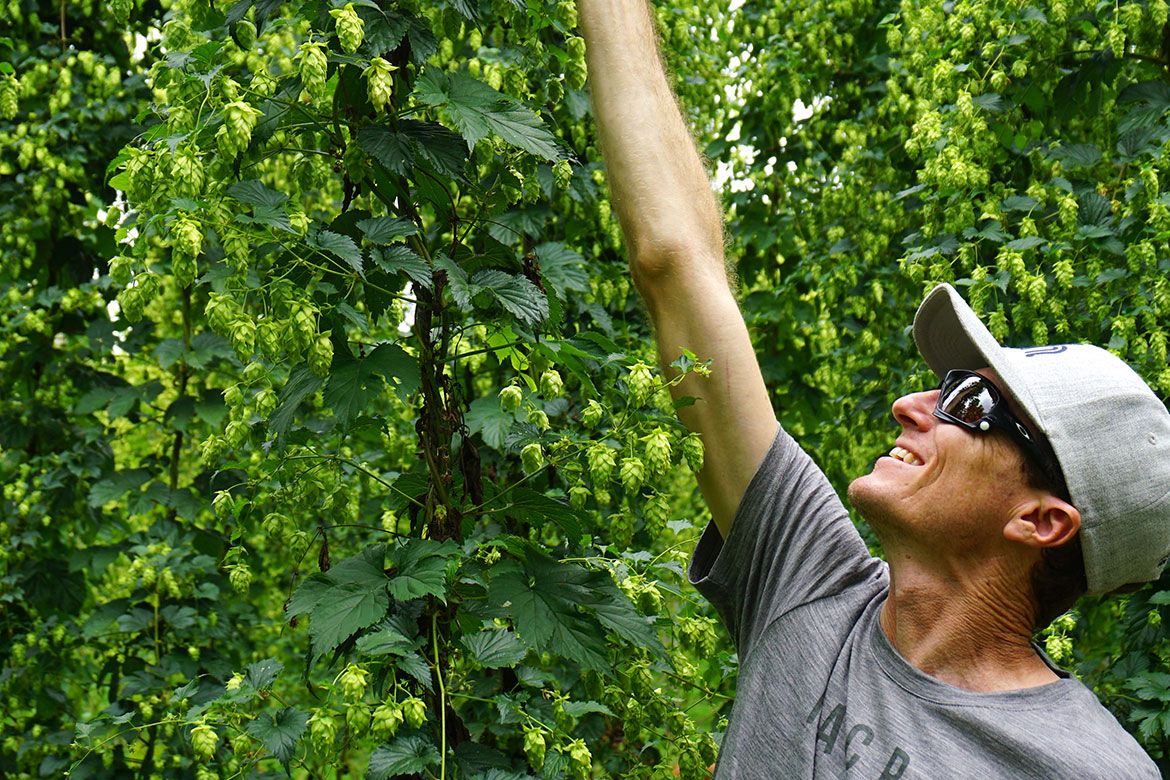
Considering private equity firms are often associated with flipping businesses to turn a profit, becoming a hop grower with an interest in breeding new hops and tweaking growing conditions seems like an odd investment. Harvest happens once a year and releasing a new commercial hop breed is a multiple-year process during which you kill more varieties than you release. But Dave says their focus is on long-term investments and building value through what they do.
“We are what is often termed a 'family office',” he says. “We’re not a fund that seeks to exit, we’re generally in the business of never selling.
“To my mind, the things that create a tonne of value in the long term are things that fundamentally solve a problem for someone or serve a specific need. In the case of brewers, it’s hard to imagine a craft brewer ever not wanting really high-quality hops that exactly fulfil their flavour requirements.”
Letting brewers select certain lots on the farm is one way they help them pick the right characteristics for their beer, but there are other practices they use to drive certain flavours and aromas from a given hop.
“It’s not always things that are individually earth-shattering," Dave says. "They can be relatively small improvements, but they all add up.
“[It includes] decisions we make in terms of irrigation and nutrients late in the growing season, decisions we make about the harvest timing of the individual block, or how we dry the hop.”
Although beer drinkers’ minds are unlikely to wander to a field when they're knocking back an IPA in a suburban backstreet, Dave says there’s so much that happens on the farm that shapes the final beer. In particular, the precise harvest time can be impactful – and while it's already a short window in which hops are harvested, it's one they can shorten further if they're chasing something specific for a customer.
“So, with Motueka, if we know a brewery is after that super fruity and super complex final result, we’re going to push that harvest a week later and alter that final irrigation scheme going into harvest,” he says.
“We’re also going to be out doing field sensory, looking for the blocks that most closely resemble what the brewery is after.”
When it comes to who they work with, while they'll happily supply hops to breweries across the globe, Freestyle see a real benefit in having a strong feedback process.
“For us, it tends to be a really good fit when a brewer is quite motivated to participate and is very thoughtful about their hop flavour and aroma,” he says. “Those breweries see things sooner, identify more interesting or negative things, and help you with process changes."
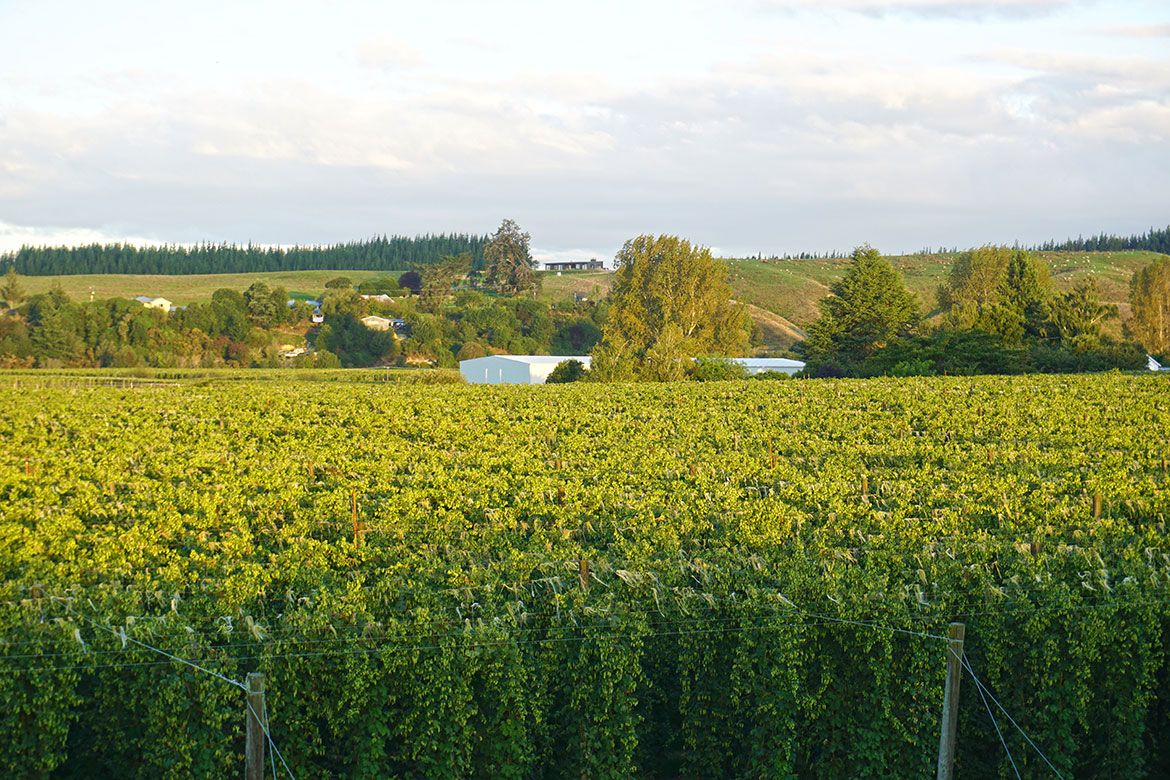
Given how prominent limited-release beers are in the craft beer industry, he says many brewers aren’t always chasing something specific, more something interesting they can use down the track.
“There are breweries we work with who don’t come into lot selection with a preset idea of what they want,” he says. “They just say, ‘Hey, what smells good to me now and what would fit with the sort of things that I’d like to make over the next six months'.”
Stepping back to look at the business itself, Freestyle is one of the relatively few hop farms in the country that's not a part of the NZ Hops cooperative. They still grow many of the hop varieties closely linked with NZ – the likes of Riwaka, Nelson Sauvin and Moutere are among the ten commercial varieties they grow – but have experimental varieties in development too.
That breeding program is run through Hāpi Research, in which Freestyle's close collaborators Garage Project are also partners, along with Sierra Nevada, New Zealand’s Ministry for Primary Industries and multiple universities. Launched in 2019, the hop research centre focuses on improvements in hop farming and processing and is also developing its own varieties.
“We have a couple of advanced selections that we’re really excited about and think are going to go well,” Dave says, adding that there are pre-commercial releases available to breweries at the moment.
“But it’s not a super quick process," he points out. "we’re doing a 'rapid’ breeding program where it’s about five years to our first commercial release, so it’s definitely a long-term commitment.”
Garage Project are driving the sensory when it comes to those new hop breeds and, broadly speaking, they’re finding what they’ve created to possess the sort of tropical, stone fruit and white wine flavours that New Zealand's terroir seems particularly suited to developing.
Range’s early and late harvest twin release isn’t the only way Freestyle and their customers have played around with hops in a manner that’s both fascinating to those growing and brewing with them and educational to any drinkers interested in more than the flavour and aroma of what’s in their can.
Unless you work in the beer industry, it’s rare to get the chance to visit a commercial hop farm, but they’re finding ways of allowing drinkers to experience how minute changes in process or time can create changes in the end product.
Garage Project released a beer that only used hops grown in one block that were all harvested on a single day, while New York’s Other Half have experimented with Freestyle’s hops too.
“They’ve done beers with the same hop from the same block but from two different years to try and get a sense of that change from one season to the next,” Dave says. “That allows a craft beer fan to experience that season-to-season difference that a brewer would notice.
“For brewers and for us as growers, we love letting a customer experience that change. That really lets craft beer fans get a sense of the results of our hard work and that struggle we have to make the best thing we can that year.”
You can find other entries in The Collaborators series here.



